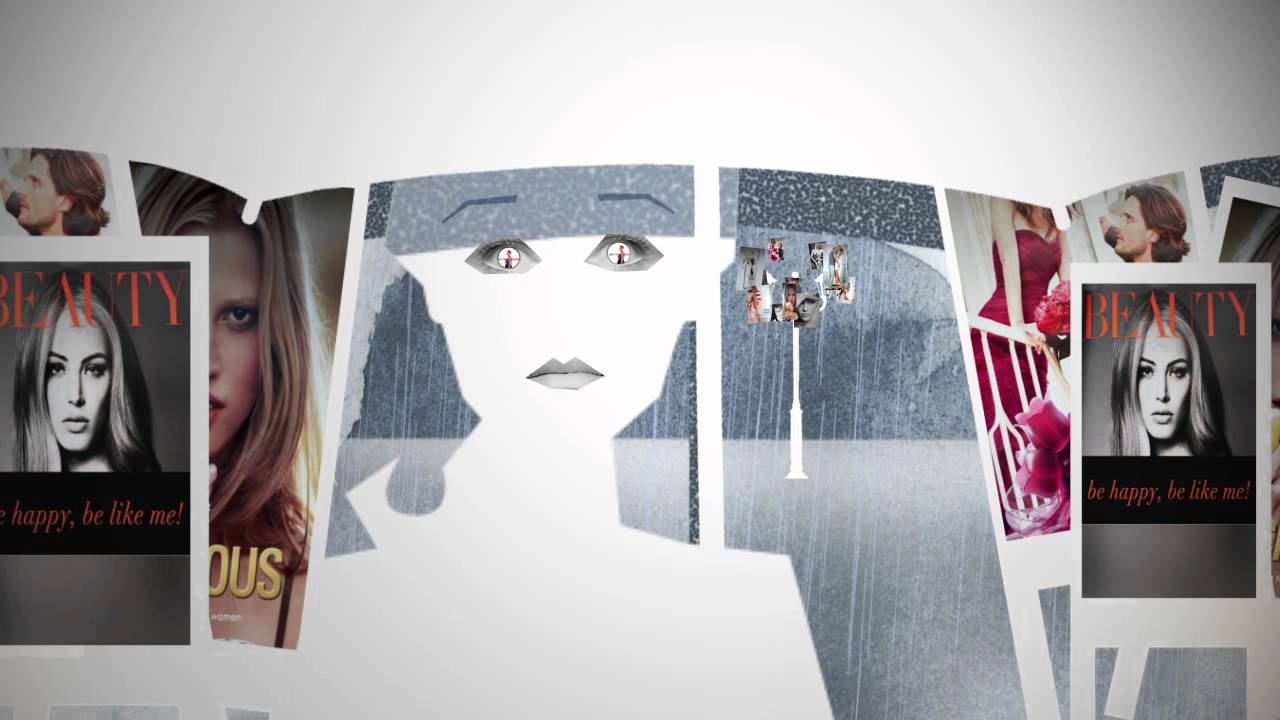Feminists of Trinity stepped up to the podium at Phil’s and DU Gender Equality Society’s debate ‘This House Believes Beauty is A Beast’ on Thursday evening. Members of the Phil made their verdict known by almost unanimously shouting ‘yeah’ to the motion.
Novice Phil debater Coco Millar opened the discussion excellently, utilising humour to drive home that beauty was indeed a beast. She touched on the intriguing issue of representation in Disney films, asking why it was that the characters that she associated herself with physically, always seemed to be the villains. She urged society to focus on existing, not attracting, which was rewarded by tremendous applause from the Phil Council.
Fashion bloggers Rosalind Jana and Michelle Marie were the guest speakers, on opposition and proposition respectively. Rosalind Jana presented her beliefs with utter, passionate and yet contained conviction. Her points were intelligent and well researched, arguing that beauty in the form of a red lip can stand for an act of defiance. King George hated rouge and women rebelled against his reign by wearing that colour. I felt that hers was the strongest stand against the motion.
Michelle Marie, supported by Aisling Foster later, maintained that that the antithesis to beauty was the word ‘fat’. According to these women, desperation to not become beauty’s opposite created the beast of beauty. This was an interesting viewpoint, yet for me it drove the focus away from the concept of beauty itself. The motion was not entitled ‘This House Believes Thin is a Beast.’
After this divergence from the topic, Sheila Naughton firmly fixated on the very notion of beauty, strengthening proposition’s argument. She proposed that beauty existed merely as an ideal and that to survive, an ideal has to remain exclusive and unattainable. In this way, beauty becomes a beast as the average individual will never be able to attain it – thus they will suffer from feelings of inadequacy.
Debaters spoke very much from the heart, which was apparent from their various modes of presentation. Most speakers expressed that they were approaching the topic from a feminist angle. The feminist viewpoint was supported repetitively by anecdote, rather than intellectual observation and insight. I felt that the use of emotive personal stories instead of evidence just reinforced the idea that women unable to express themselves logically and without using emotive language. Despite the view that this allowed the women to form their own narrative, independent of a rational approach, it resulted in a failed full excavation of the issue in my opinion.
The absence of a male voice in the House contributed to this problem. In Trinity College, males certainly are beautiful and try to fulfil certain standards of beauty. Indeed male alumni Oscar Wilde believed that beauty was higher than genius as it requires no explanation. Perhaps if he’d been there, we’d have had a more balanced debate.







